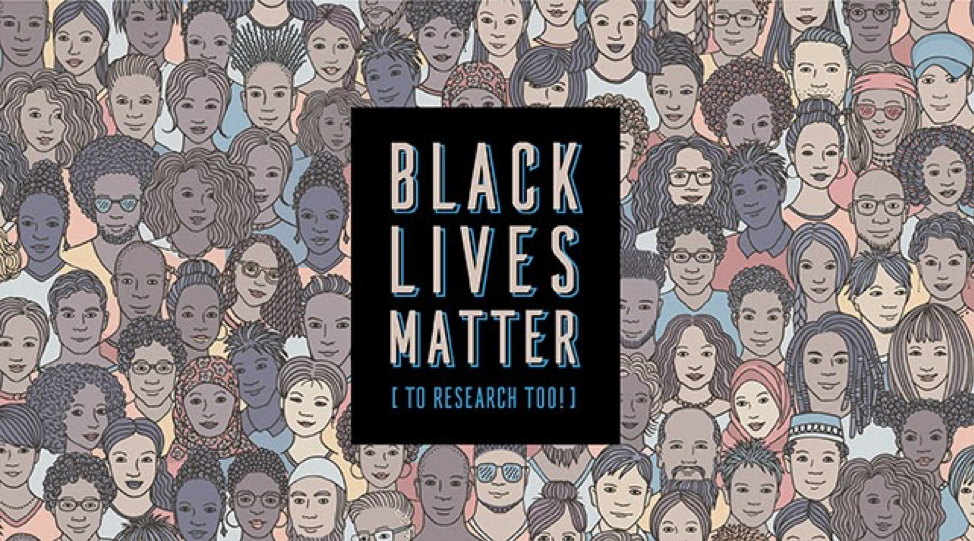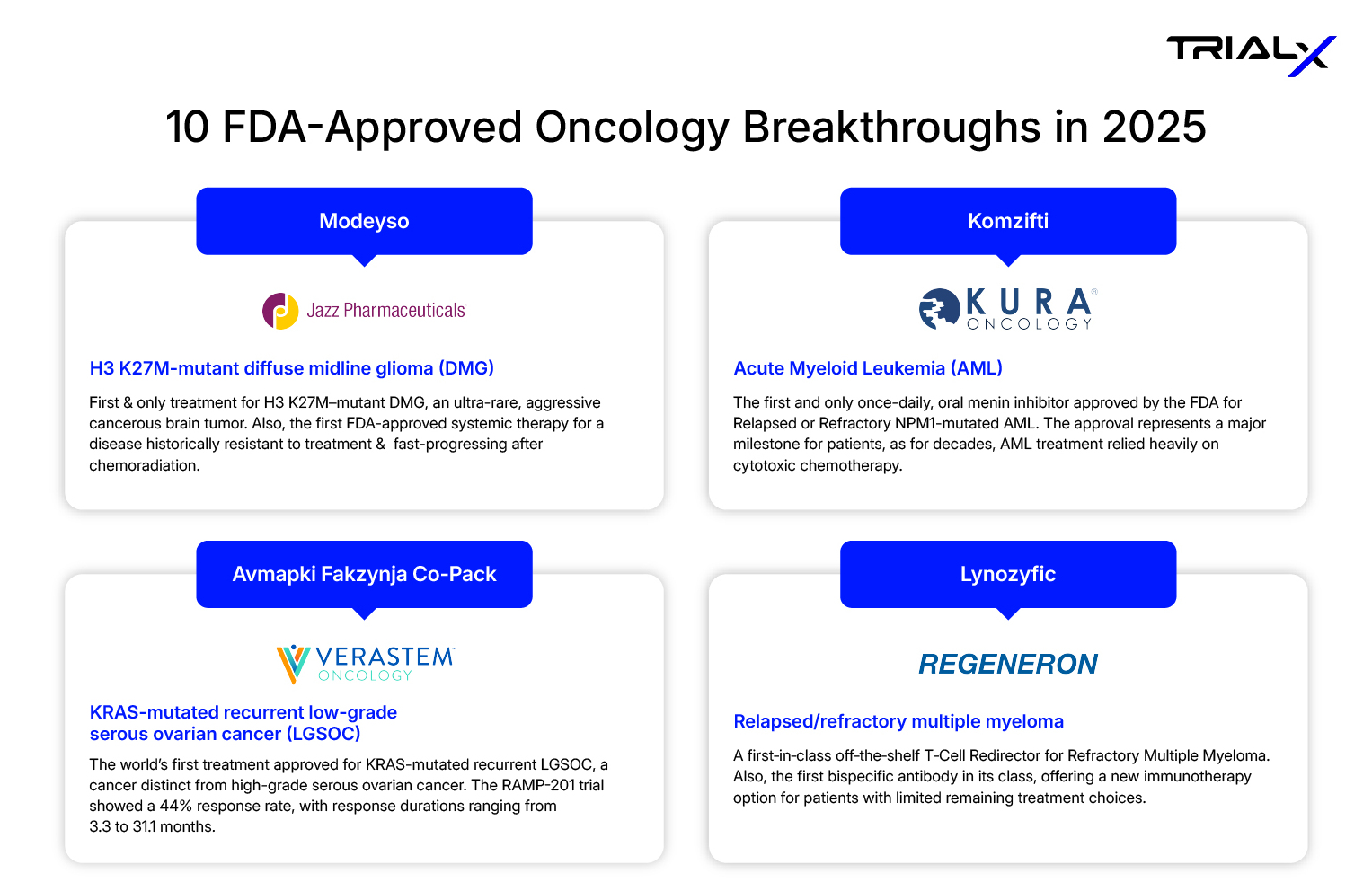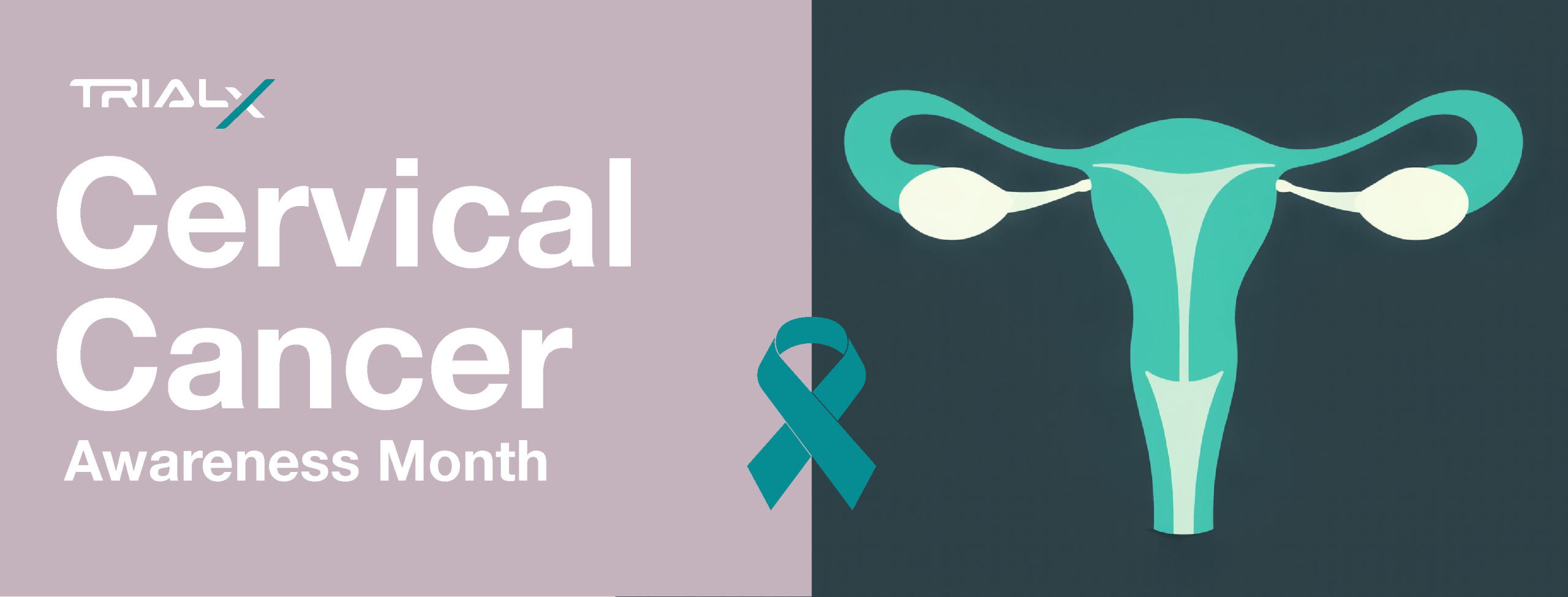COVID-19 Clinical Research Part 5: Black Lives Matter.

COVID-19 kills three times as many Black Americans as White Americans. The selective lethality of the coronavirus is rooted in broader health disparities in this country. As long as these disparities are allowed, we will suffer an array of practical and moral consequences; lacking the resiliency to face down future pandemics chief among them.
Today is August 11, 2020 and COVID-19 has killed more than 160,000 of our fellow Americans. With current trajectories holding, thousands more will perish every week until the end of the year. It touches us all eventually; it is the tragedy of our age. But, the tragedy falls more harshly for some than for others. In America, we are dying in the same manner in which we live: unevenly. The mortality of this virus is hitting America’s racial and ethnic minorities with discriminate force. 32,000 Black Americans have died from this disease and continue to die at 3X the rate of White Americans. Indigenous Americans, Hispanic and Latino communities are also subject to this discriminate mortality. What to think.
This is a COVID-19 research blog series, and since April, we have illustrated the positive and spirited way in which medical researchers and research volunteers in the United States have marshalled their collective energies to try to defeat COVID-19. We’ve told of the positive trends in research recruitment data and levels of volunteership for coronavirus research; we’ve told the uplifting stories of those on the front lines. But, we also need to address the other side of the story. While we continue to observe some positive trends, and witness inspiring acts, we also see troubling plotlines.
Some trends are not surprising, like the extensive disruption to clinical research that has occurred across all therapeutic areas since the onset of the global pandemic. Indefinite delays, early closures, suspended or stunted enrollment, has amounted to a consequential suspension of scientific effort. We should expect this disruption to delay discovery and availability of many novel medical treatments. However, at some point the lost ground will be regained, and we will see improvements to clinical research operations that materialized during this period.
Some improvements will be technology driven, like the expansion of virtual clinical research. This technology rollout allows people to participate from home, reducing the logistical friction that suppresses enrollment. Other improvements may be largely normative, driven by changing attitudes about health equity. For medical research, equity means boosting engagement of minority communities. Minority participation rates in clinical research are abysmal, caused largely by another source of friction in research participation: distrust. Community distrust underlies recent challenges to recruit African Americans into COVID-19 research studies. It’s justifiable, given historical injustices forced upon black America. This must be fixed.
The overarching purpose of clinical research is to ensure that patients are treated with the best possible therapies. We can not hit the mark of that mission if our research participants do not accurately reflect the diversity of our population. It’s time we confront this failure, and work to increase minority participation in clinical research. Doing so would be a watershed event for medicine, and the kind of game changing progress called for right now. We could accelerate the discovery of new treatments through expanded, representative enrollment and improved, generalizable data sets. Opening the doors for our fellow citizens to the benefits of non-standard care treatment would also improve outcomes and reorient our moral compass toward fairness.
Excluding patient populations from clinical research reflects poorly on the science and methods employed. It also reflects a systemic complacency toward disparate health outcomes among our fellow Americans. We are seeing it all right now in plain view, and in real time.
The disparity in COVID-19 mortality across racial lines is the result of multiple variables, including socio-economic factors (e.g. minorities reside in dense urban environments, make up high percentage of essential workforce) and public health policy (i.e. access to testing); But, when we home in on the age adjusted data, the biggest culprit comes into view: pre-existing conditions. Black Americans and Hispanic/Latino Americans experience much higher rates of death in younger age brackets because their immune systems are compromised by diabetes, heart disease, high blood pressure and asthma. These conditions are disproportionately present among minority populations, especially black Americans, who experience a much higher prevalence of diabetes (60%) than white Americans.
All Americans should be given the opportunity to lead a healthy life, to lead a long life. Black Lives Matter. Black Lives Matter to research. But, until the research participation trend lines move upward these are just words with potential. The medical community, including the ever critical area of medical research should be part of the solution. Medical researchers should ensure that advances in medical therapies and research driven improvement in health outcomes are inclusive.
The good news is that there are already public health initiatives, and localized models for success. In the next installment we’ll be telling a few of these success stories with the researchers leading the way.


